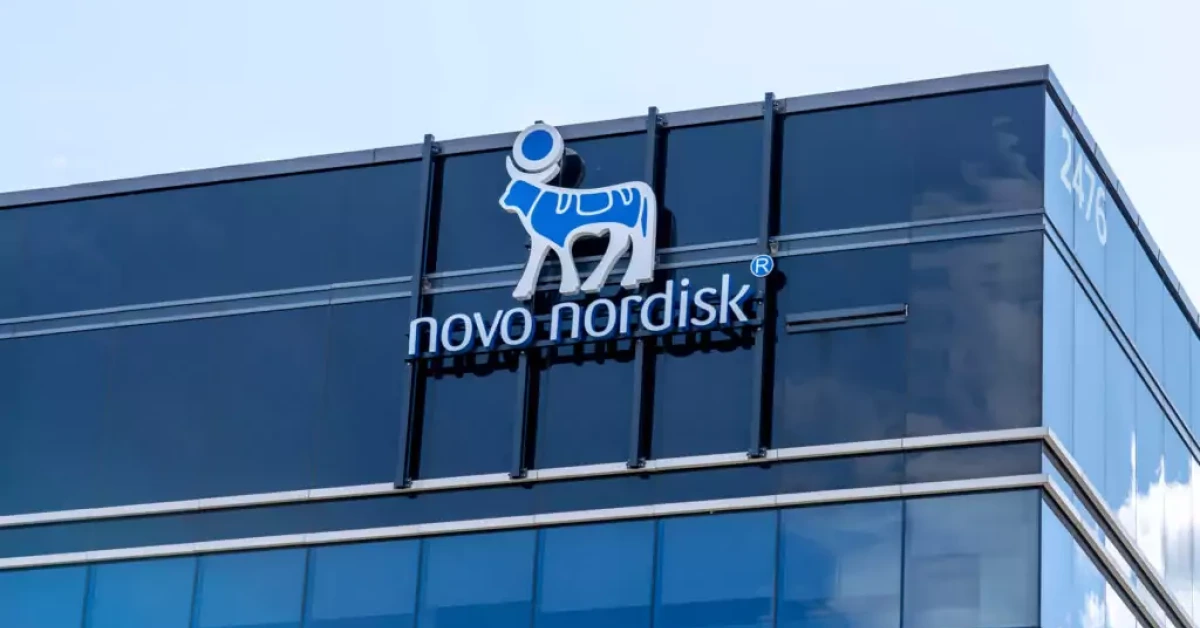
U.K. – Novo Nordisk has regained its membership in the Association of the British Pharmaceutical Industry (ABPI) after a two-year suspension for breaching industry standards.
The Danish pharmaceutical giant was removed from the association in 2023 for failing to follow the ABPI’s Code of Practice, which ensures the responsible promotion of prescription medicines.
Novo Nordisk was only the eighth company in 40 years to be suspended from the ABPI. The most serious violation was a Clause 2 breach, which is considered likely to damage public trust in the pharmaceutical industry.
This involved sponsored LinkedIn courses in 2021 and 2022, promoting its weight-loss drug Saxenda (liraglutide) in a way that was seen as covert advertising.
At the time, Saxenda was the only GLP-1 agonist available for obesity treatment, though it has since been joined by Wegovy (semaglutide), another Novo Nordisk product.
ABPI chief executive Richard Torbett emphasized the importance of upholding high industry standards.
“The UK rightly has some of the highest standards in the world for how pharmaceutical companies can behave and operate – embodied by the ABPI Code of Practice,” he said.
“In 2021, Novo Nordisk fell short of these standards, and it is right that their peers held them accountable.”
During the suspension, Novo Nordisk had to submit quarterly updates to demonstrate its progress in strengthening compliance.
This level of oversight was unusual, with Astellas UK’s 2016 suspension being the only similar case in recent years.
Novo Nordisk UK’s general manager, Sebnem Avsar Tuna, stated, “Throughout the audit process, we have considerably strengthened our compliance processes, and we firmly believe that we now have the right foundations and governance in place to be fully and effectively self-regulating.”
Despite its reinstatement, Novo Nordisk faced another breach last year. The Prescription Medicines Code of Practice Authority (PMCPA) found that the company failed to disclose £7.8 million (US $10 million) in payments made to more than 150 healthcare professionals (HCPs) and healthcare organizations (HCOs) between 2020 and 2022.
XRP HEALTHCARE L.L.C | License Number: 2312867.01 | Dubai | © Copyright 2025 | All Rights Reserved